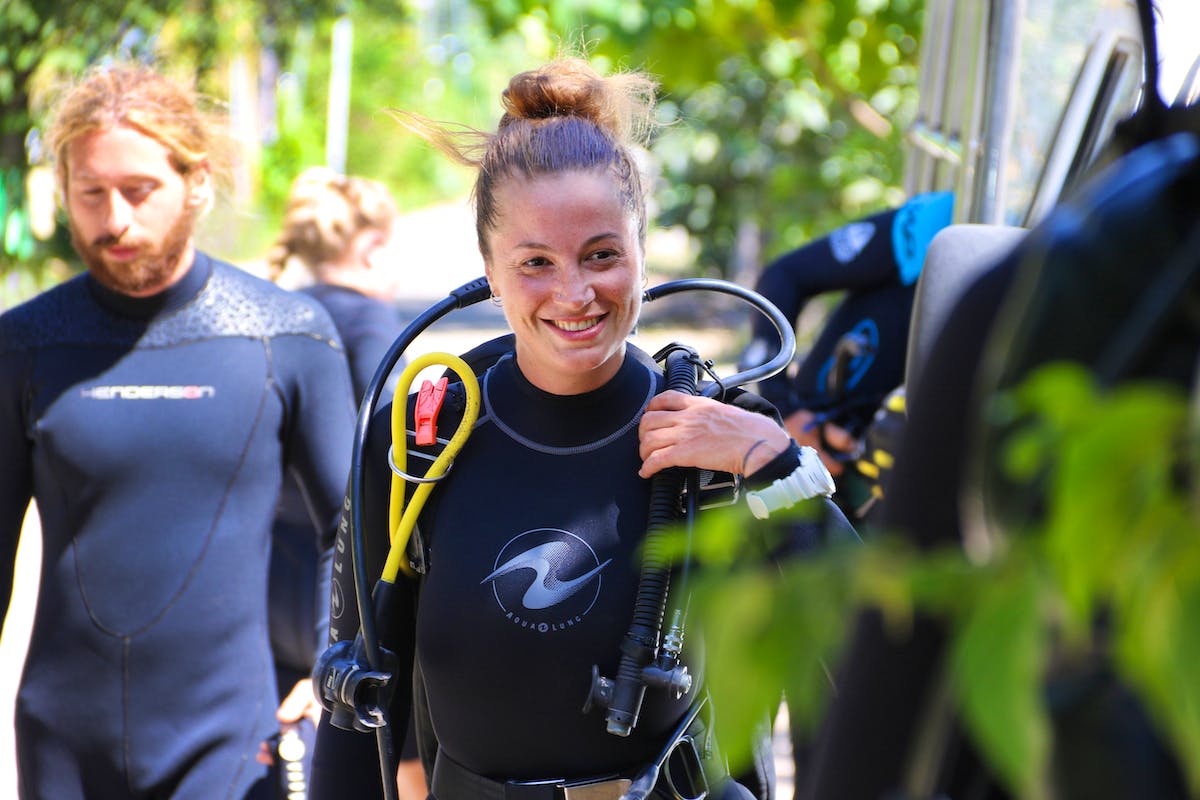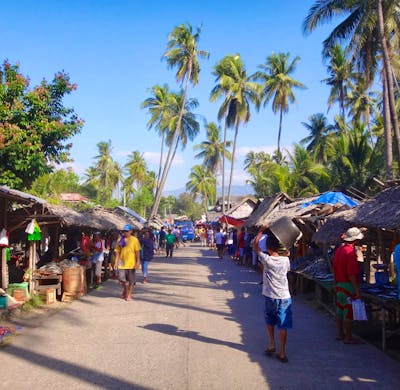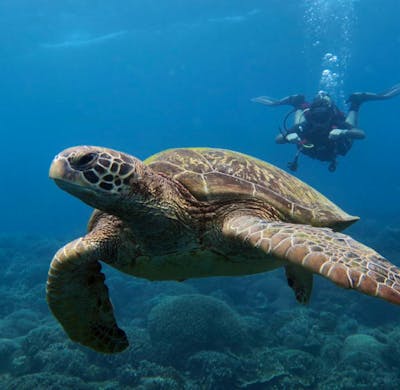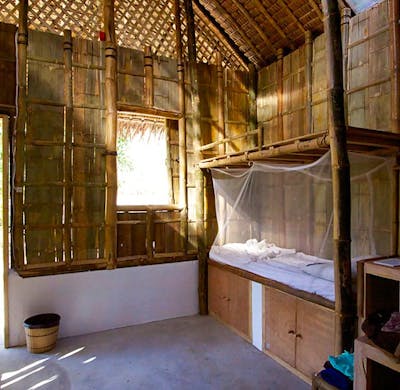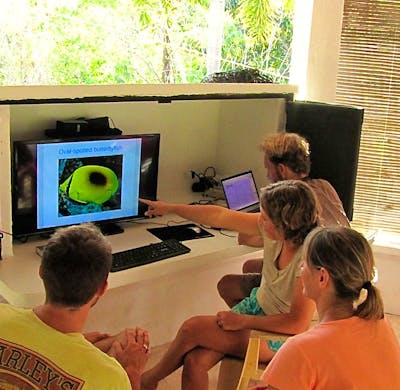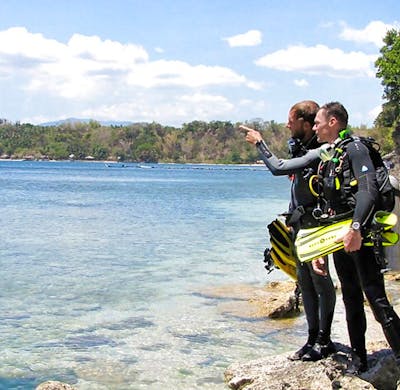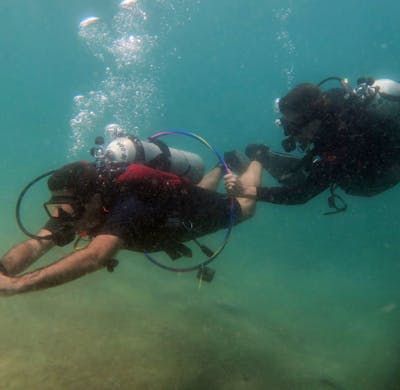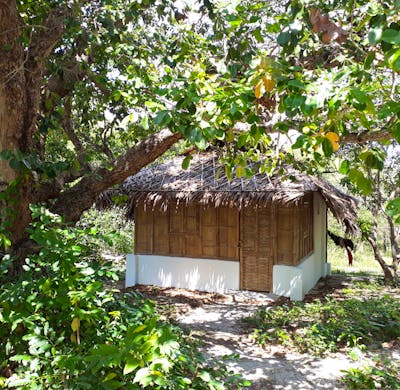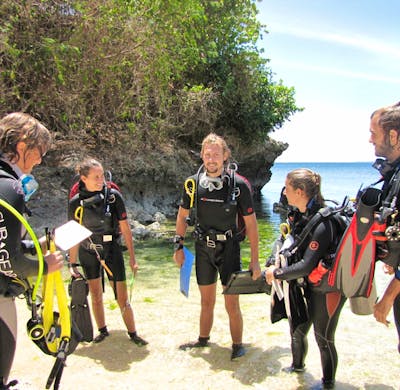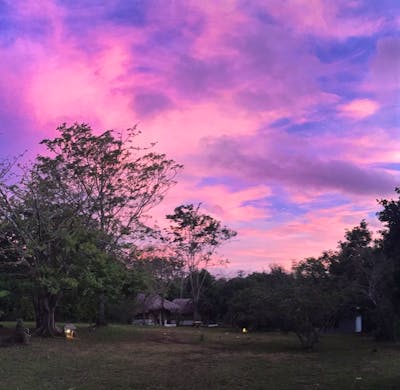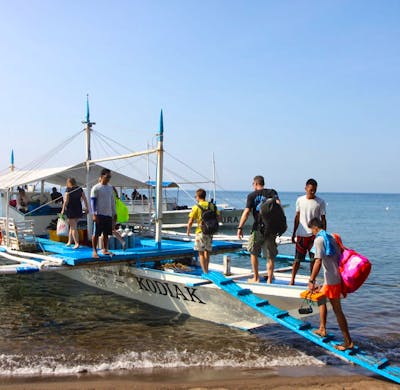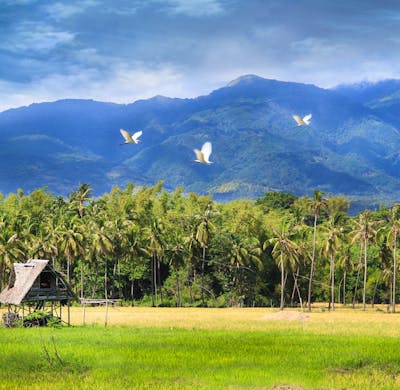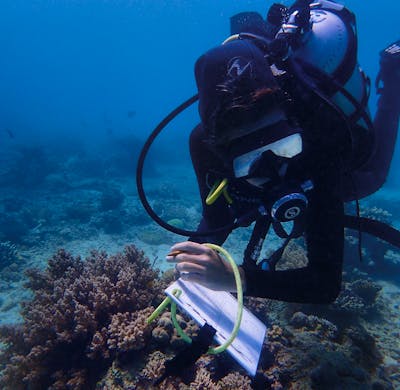Citizen Science Marine Conservation Expedition
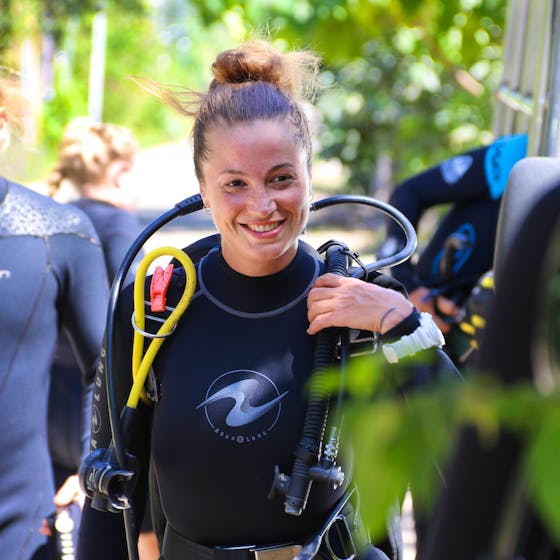
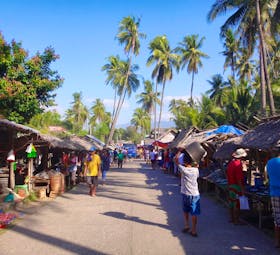
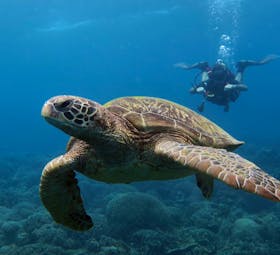
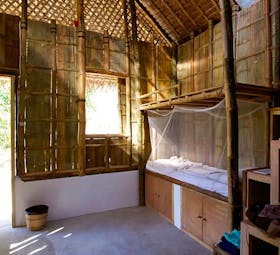
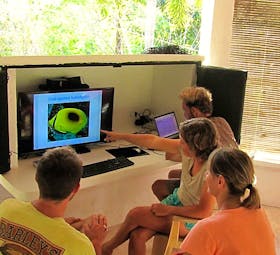
Höjdpunkter
- Volunteer and help conserving the marine environment in the Philippines
- Acquire and develop excellent diving skills throughout the project
- You help make a difference and help real conservation efforts
- Use the outdoor jungle gym or visit the whole botanical garden which is more than ten hectares
- Explore neighbor islands throughout the weekends and cliff dive into amazing azure blue lagoons
Särskilt lämplig för
Om programmet
You're an experienced diver. Join us as a scuba volunteer, learn scientific diving with our scientists and biologists, and meet lifelong friends from all over the world.
Most volunteers who join us do training through the PADI curriculum, and either learn scuba diving or improve their skills through continued education courses. This particular 4 week program is however for people who do not have so much time, (normally the shortest possible stay is 6 weeks) but ...
Typisk dag
While you stay with Marine Conservation Philippines, there’s a great number of projects you can participate in. In fact there’s so much to do, that you can’t do it all. Some of our projects are continually ongoing – for example hands-on beach clean ups and the surveying of coral reefs. While ...
Fritidsaktiviteter
When you volunteer, you will be busy. There is not a lot of free time - the day starts early at seven, and often you're not done with the work for the day until the late afternoon. You will generally dive twice a day, six days a week. You're tired when you're done! In the weekends however, there ...
Krav
Vad som ingår
Vad ingår INTE?
Detaljer vid ankomsten
Marine Conservation Philippines accepts new volunteers every second Monday.
Pris för programmet
Möt din programledare

Marine Conservation Philippine
Non-profit - grundades 2015
Verifierad av Volunteer World
Värd är
Soren
Om projektet
29 fältrapporter ·  5
5
Plats

Du kanske också är intresserad av
-
Rengöring av stranden
Bevarande av korallrev
Dykning
Dykcertifikat
Rengöring av havet
Minskning av plast
Snorkling
Minskning av avfall
Volontärarbete för 50 plus
Volontärarbete i grupp
Bästa volontärprogrammen
Uppdragsresor
Projekt i utlandet
Volontärresor för studenter
Volontärarbete i naturen
Klimatförändringar
Par
Vuxna
